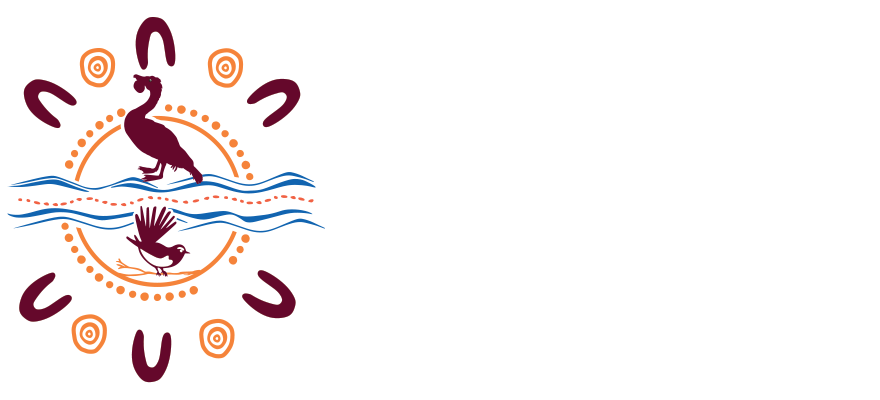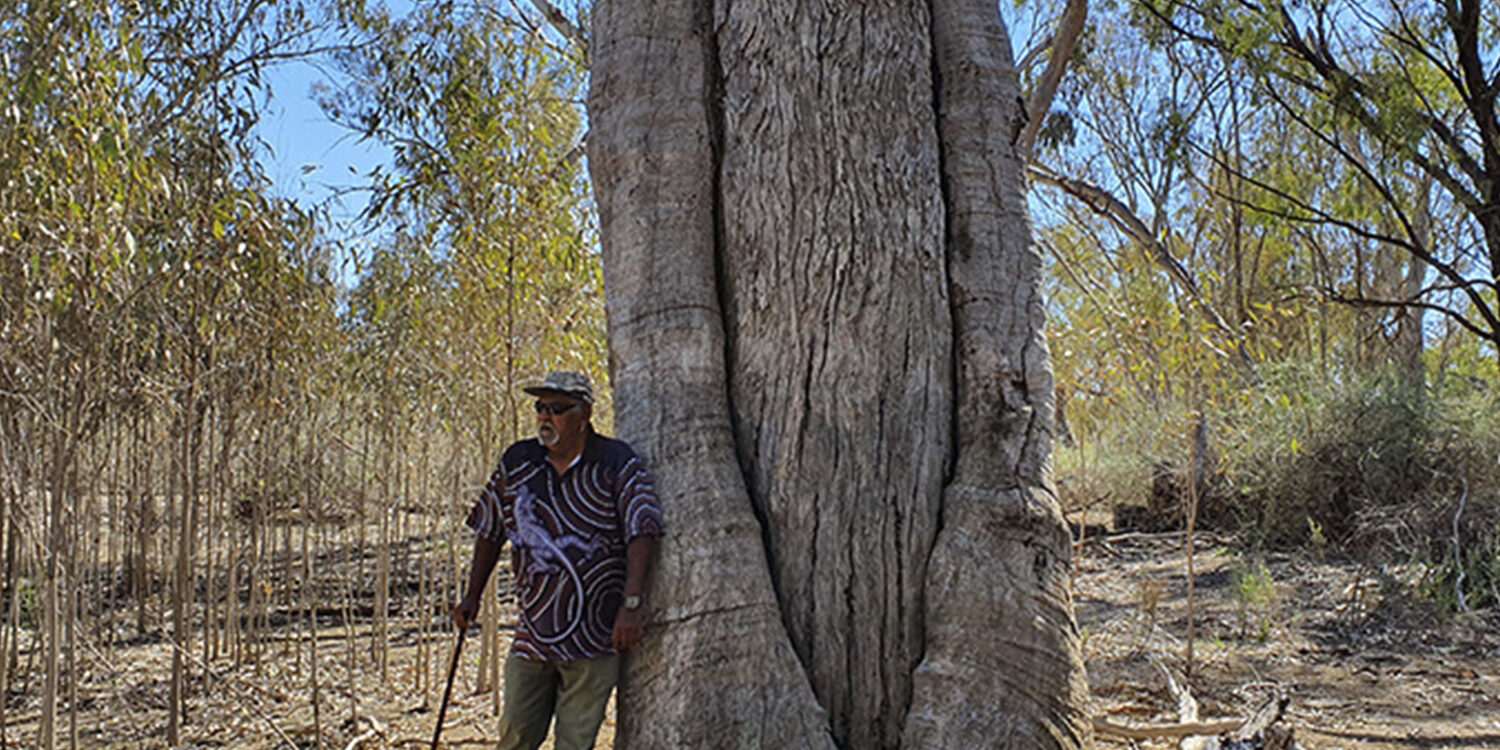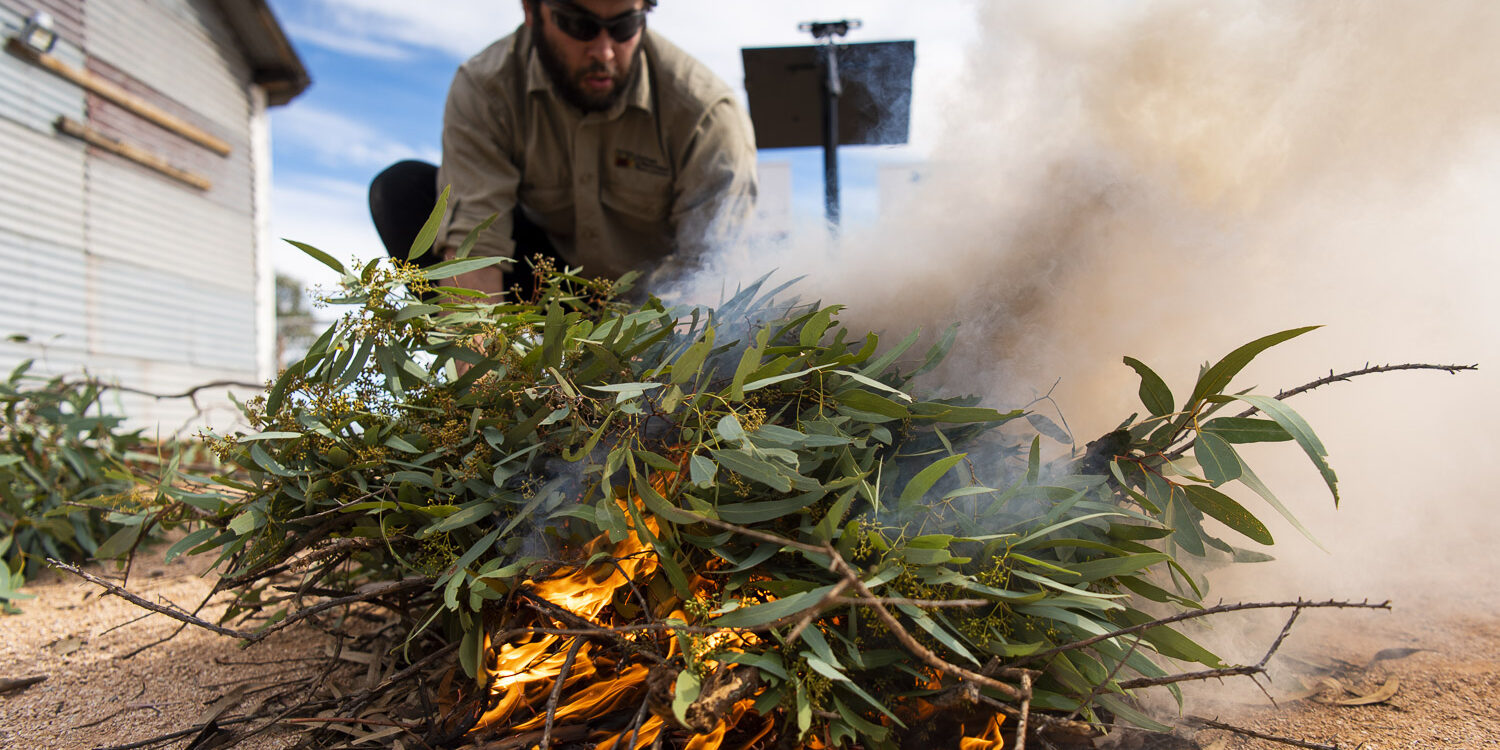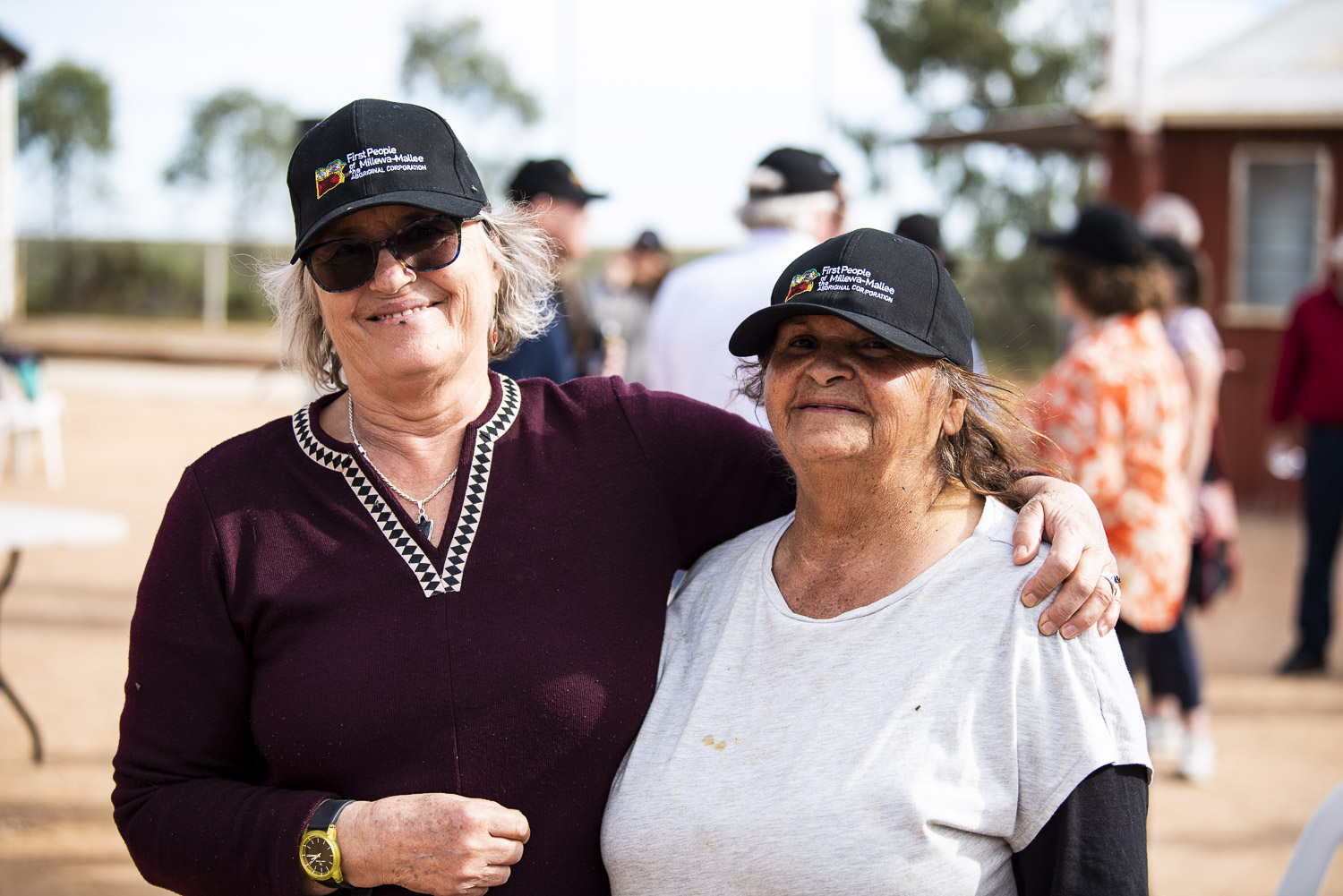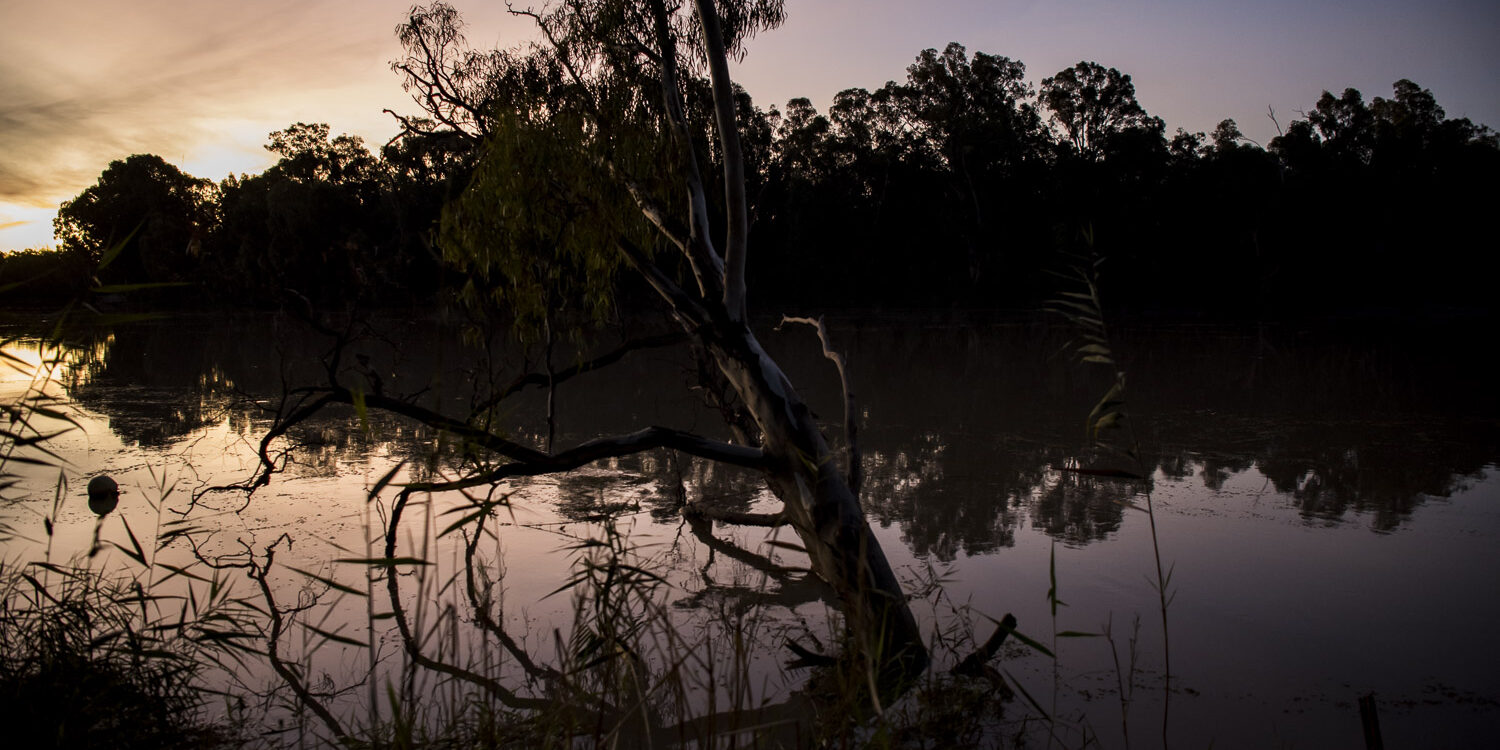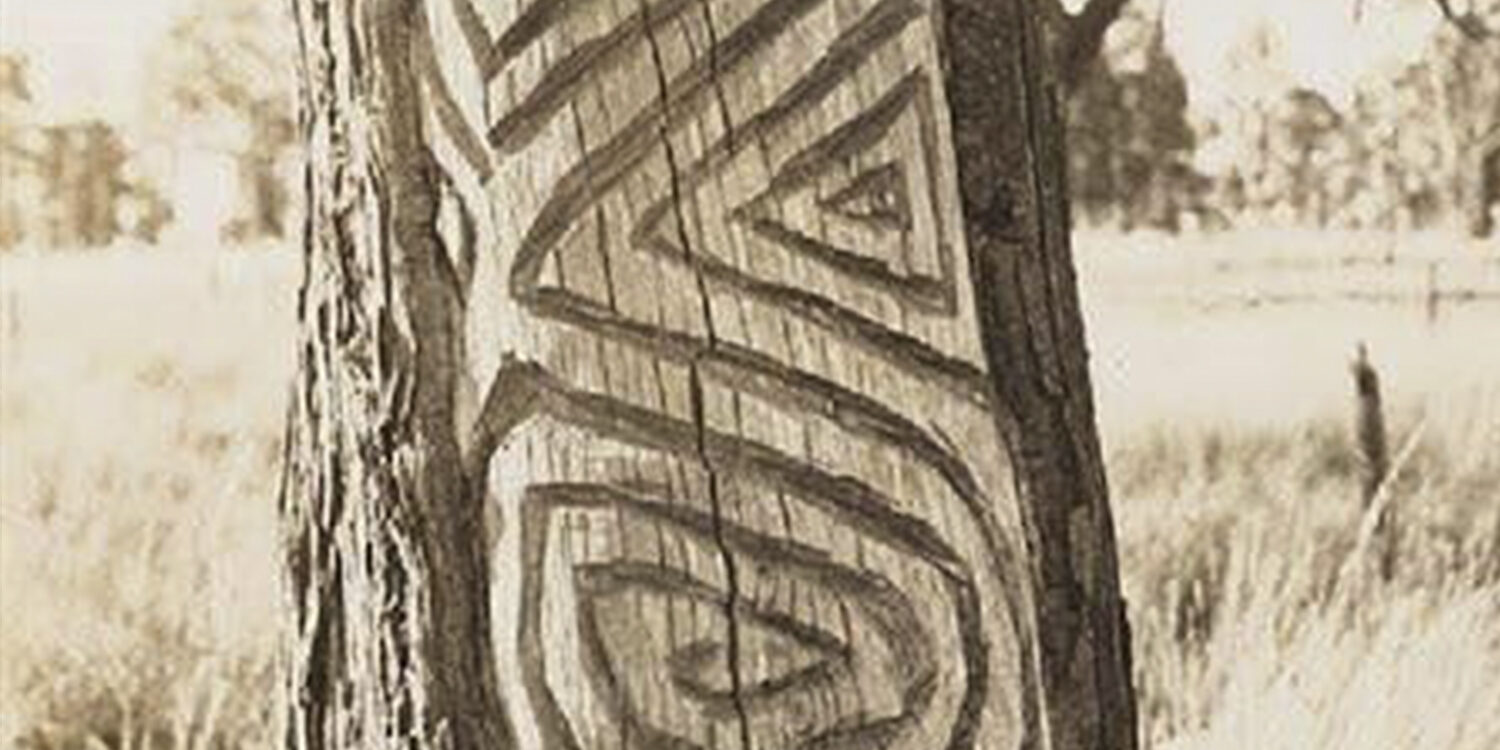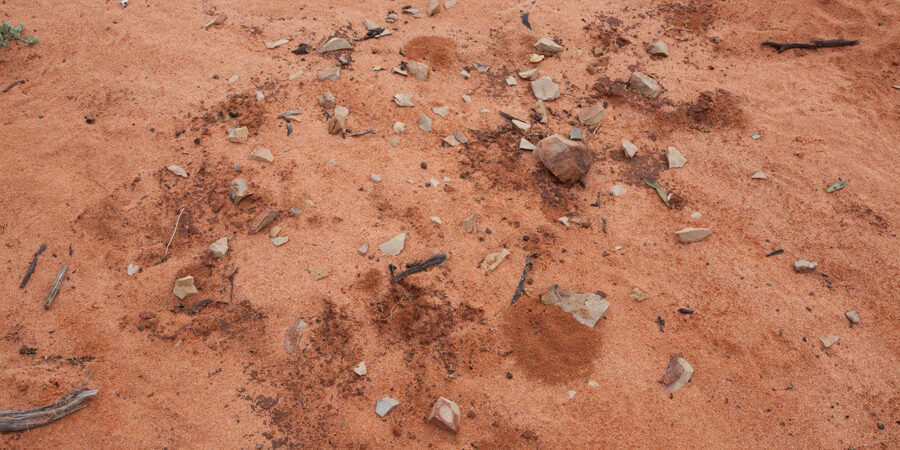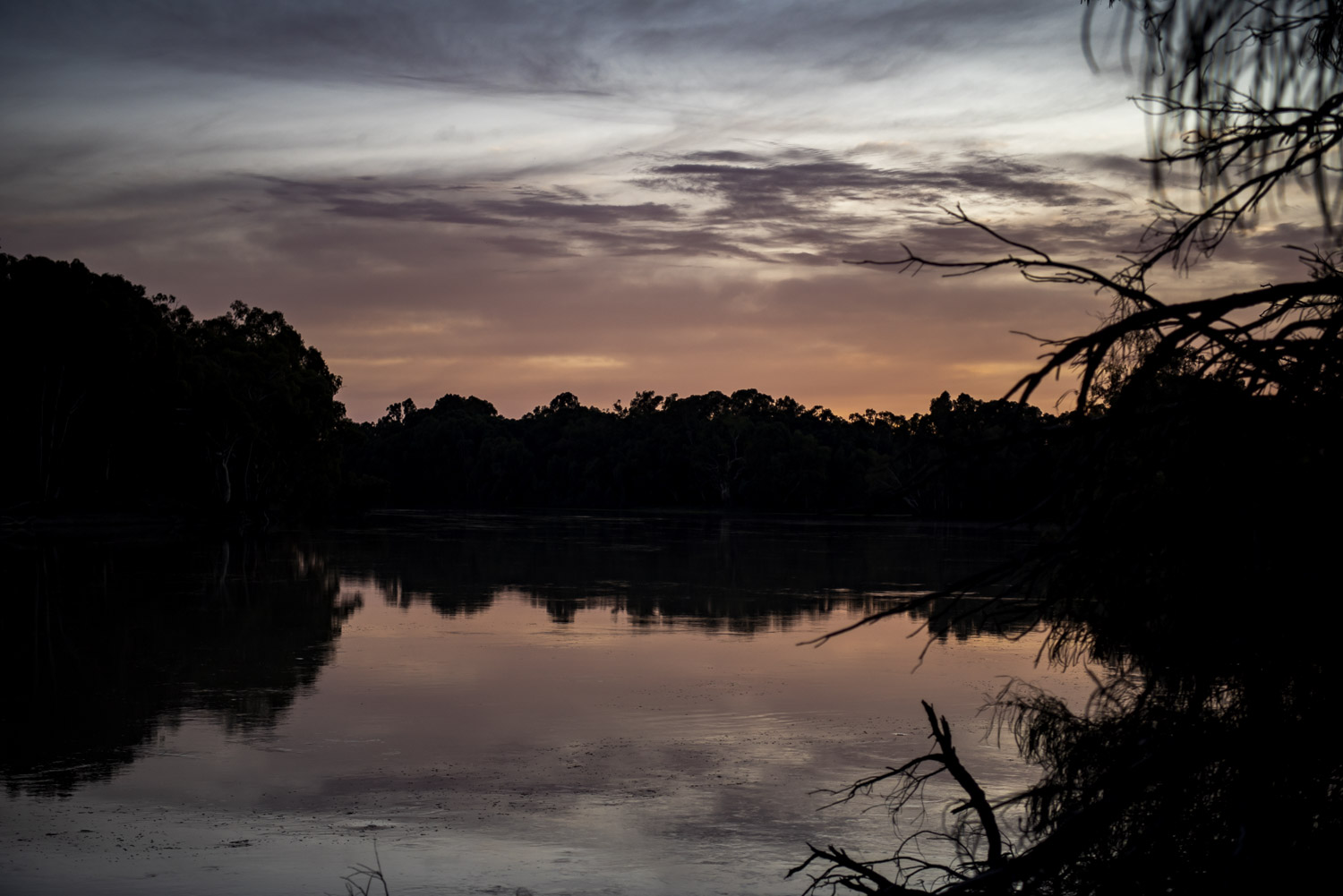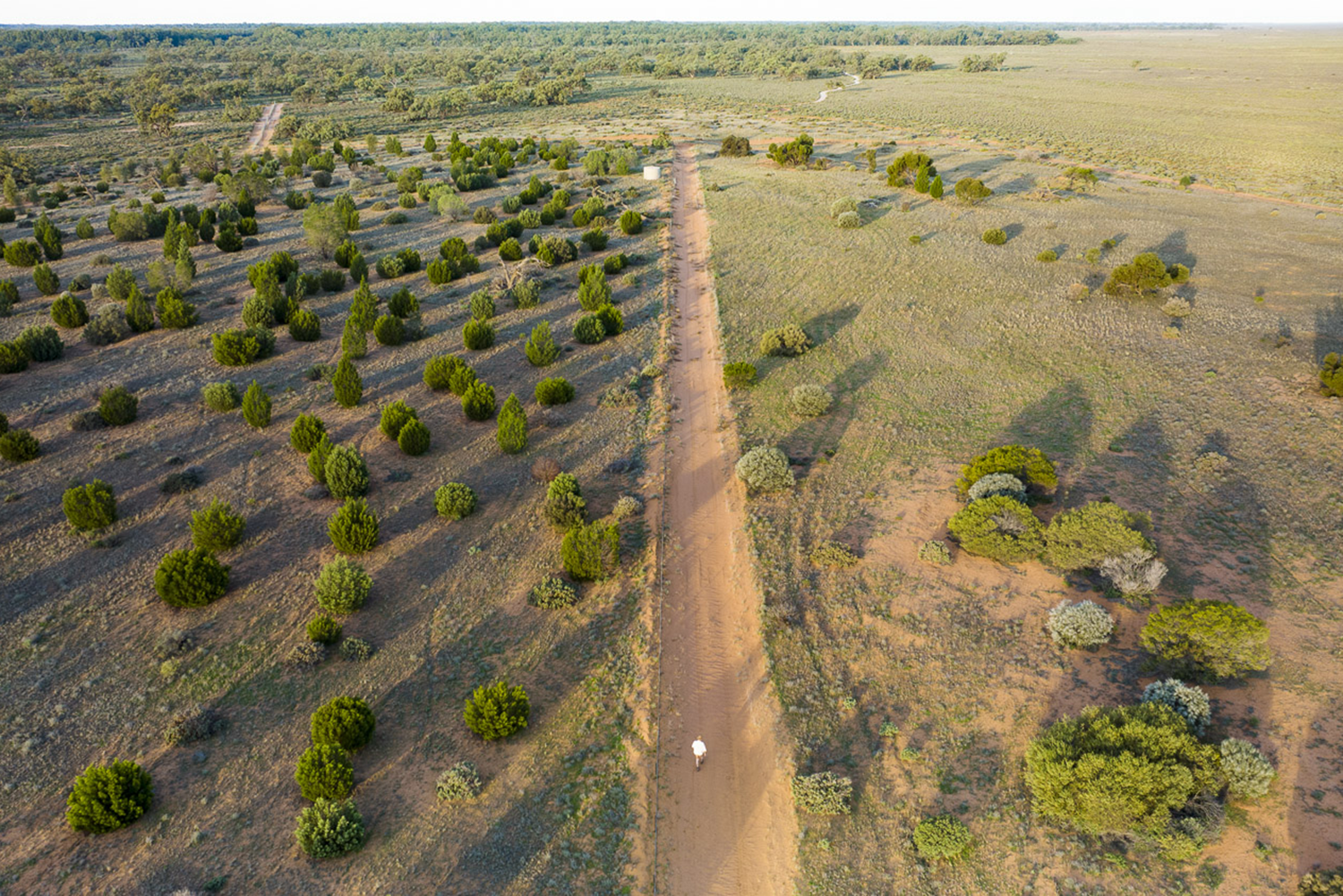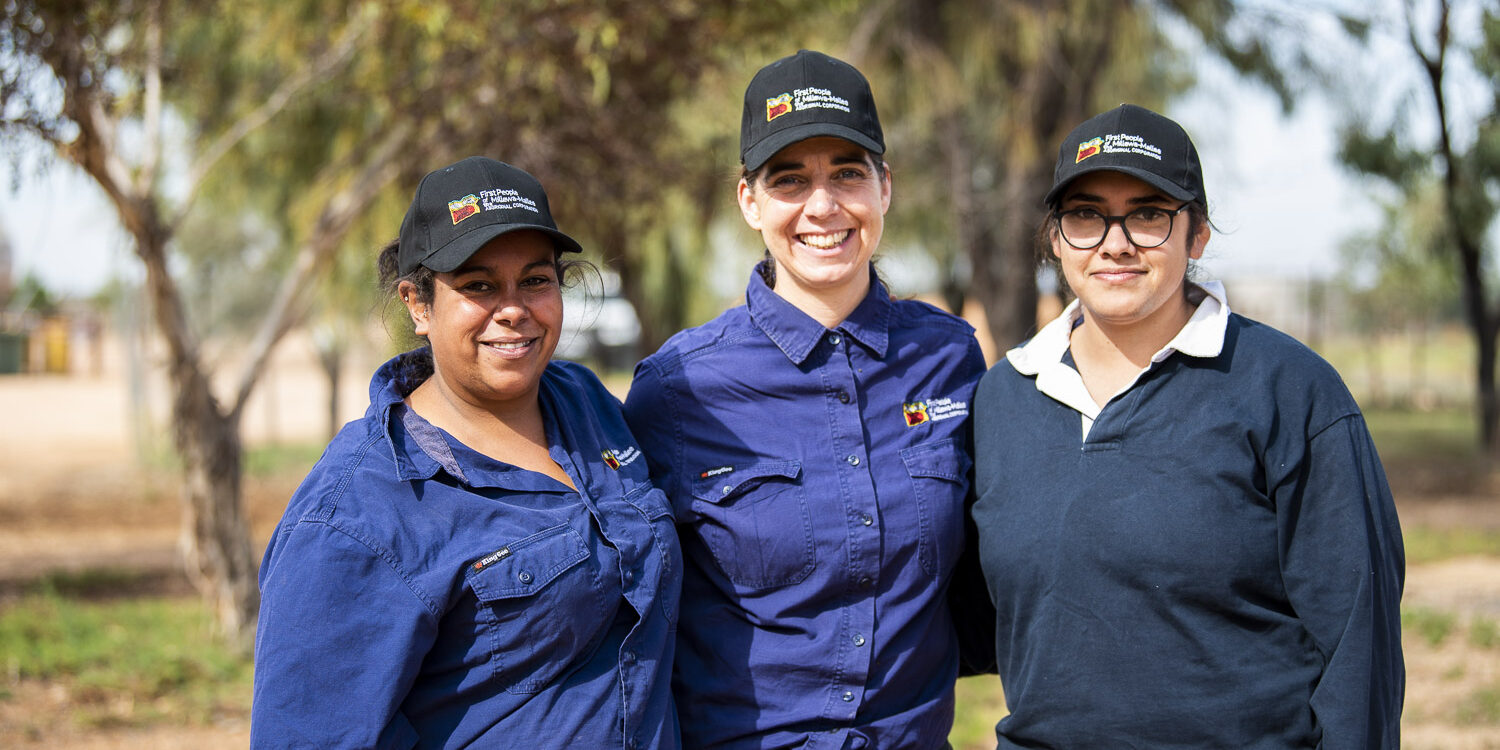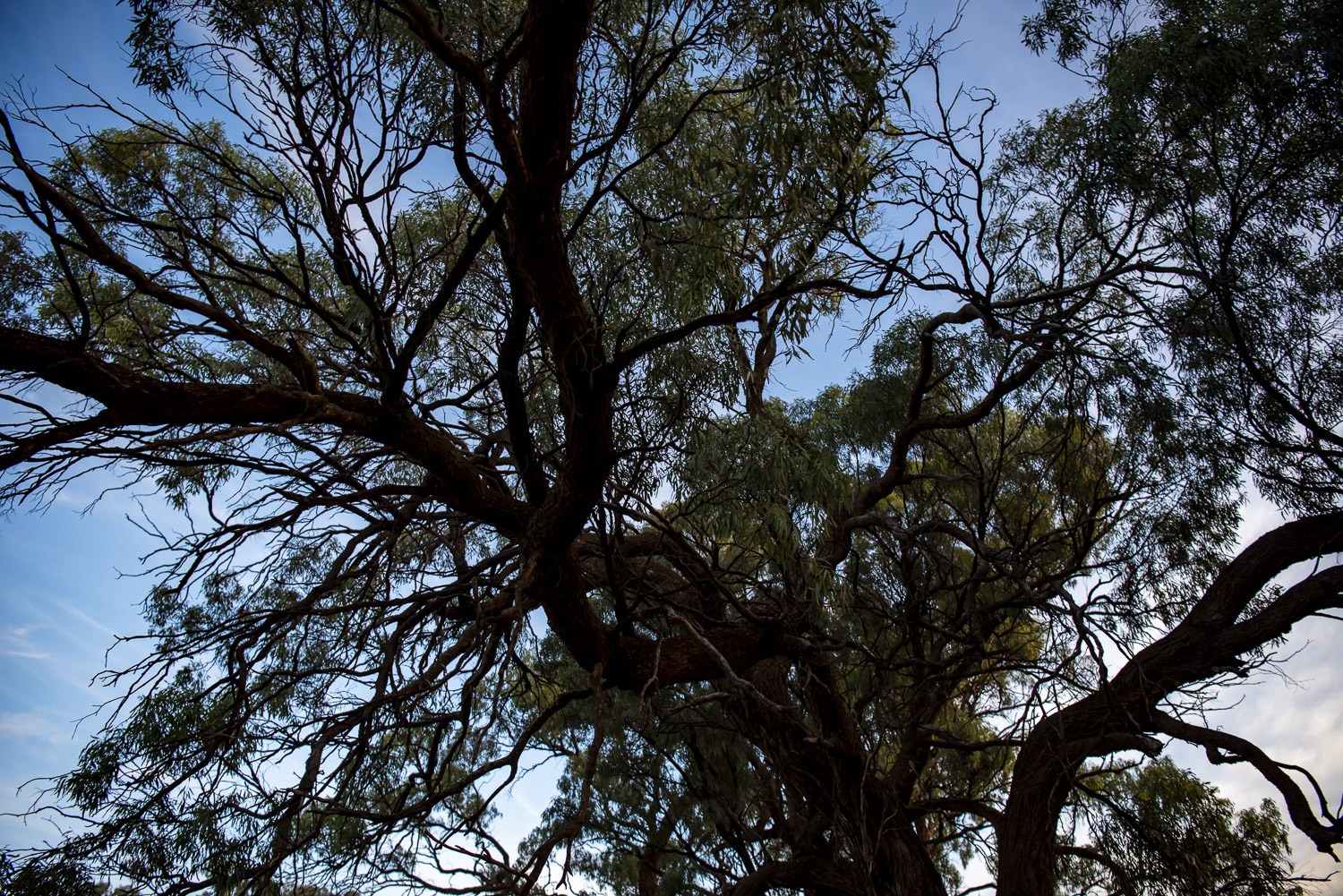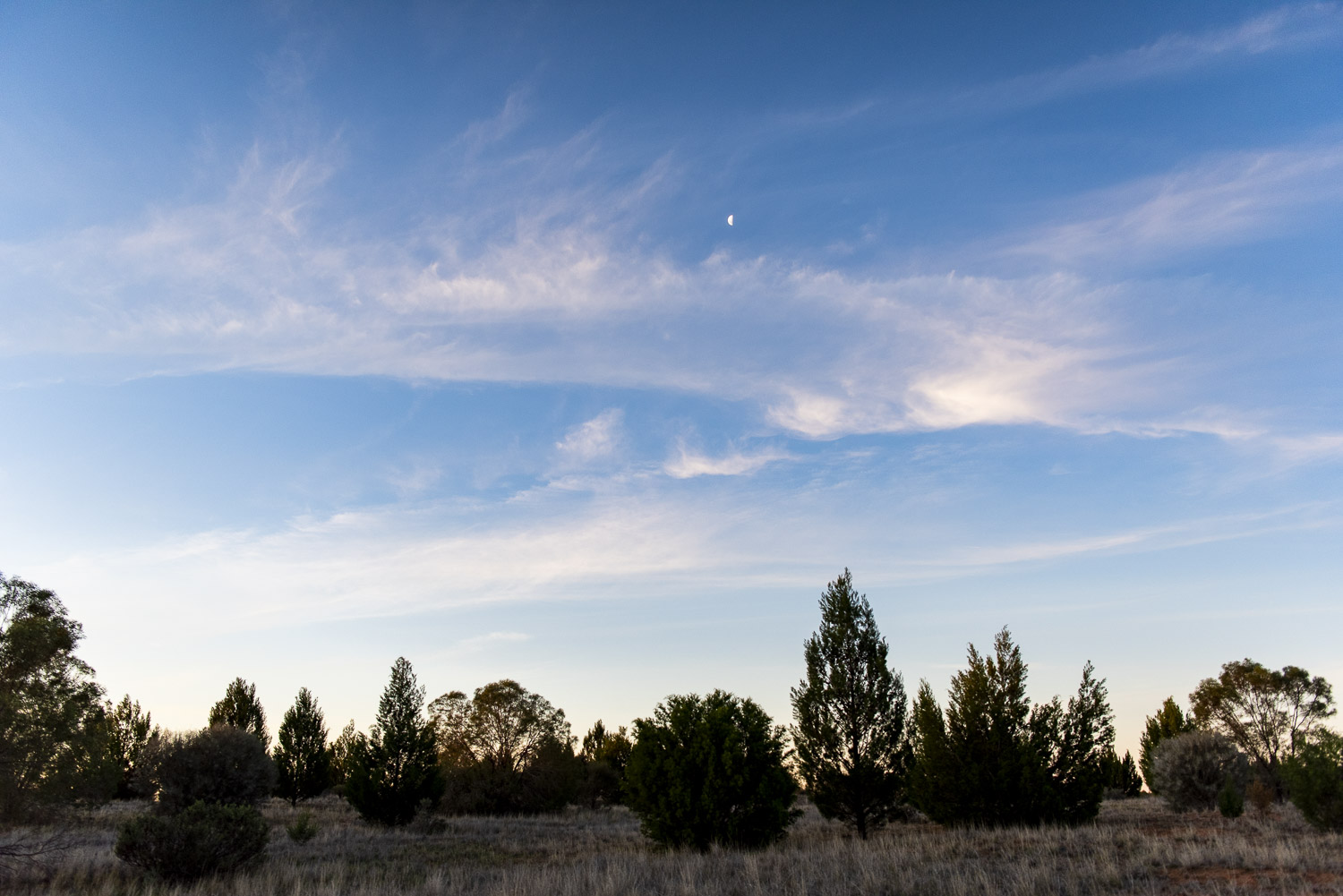Native Sales & Services
Native Seed Production and Collection
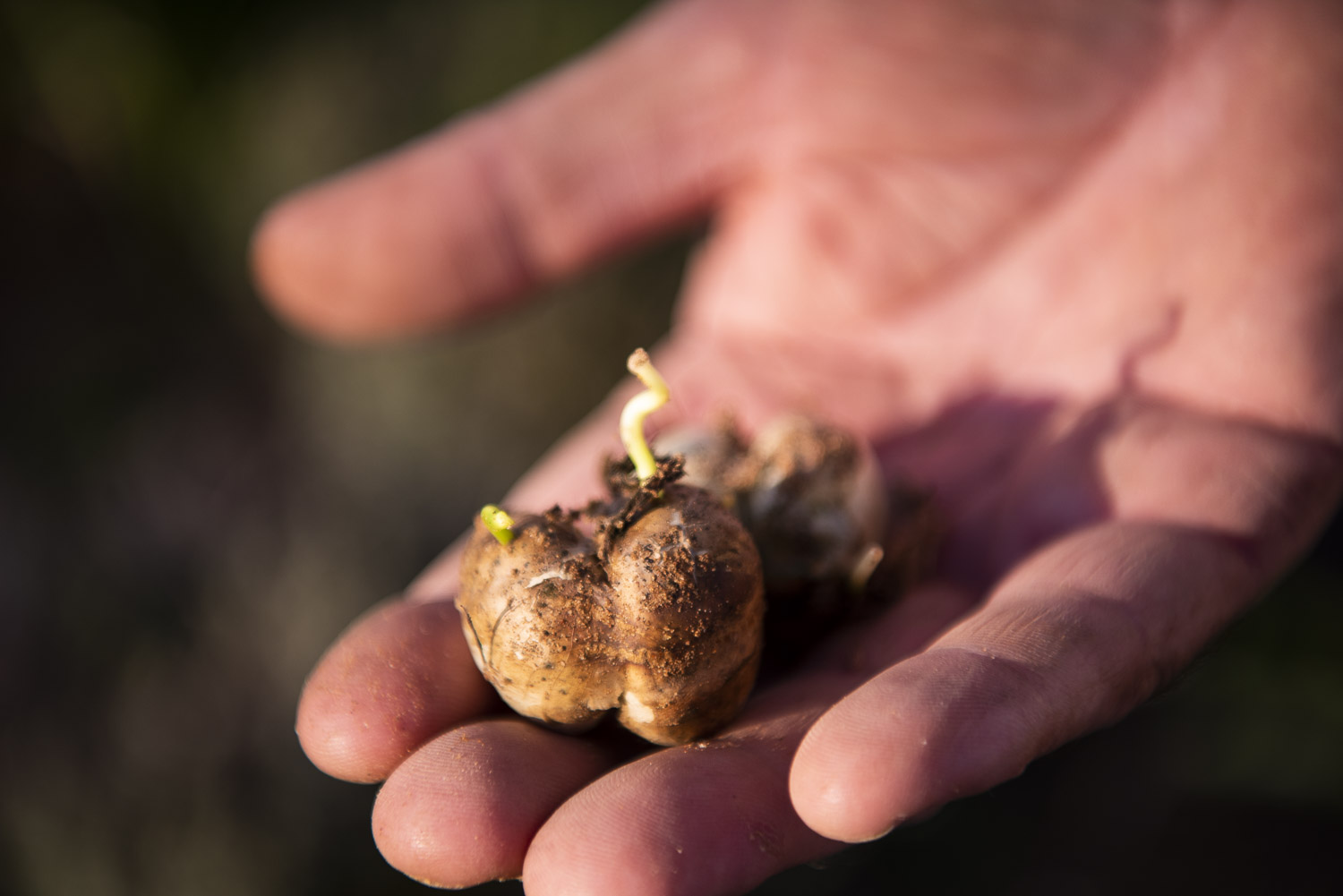
FPMMAC have a dedicated Cultural Heritage Ranger team who collect seed under a Dept. of Environment Land Water (DELWP) and Planning Flora and Fauna Guarantee Act 1988 Seed Collection Permit (Permit # 10010331). Seed collected from parks and reserves land is collected under a Memorandum of Understanding (MOU) between Parks Victoria and FPMMAC. Seed is collected according to the responsible methods contained within Guidelines Our Rangers work on- country within FPMMAC RAP land but will collect outside our designated RAP area with the permission of landholders and other RAP bodies on Public Land sites.
Quality Control is independently overseen by Dr. Ian Sluiter, a local botanist, and landscape ecologist and internationally accredited Certified Ecological Restoration Professional with the Society for Ecological Restoration.
Seed is currently processed at our Mildura Resource Hub Depot, with seed cleaned and stored in air-tight containers in a cool room maintained at ~18°C year-round. Seed proposed for longer-term storage is hermetically sealed to prevent degradation from air and insect attacks and is refrigerated.
Innovations to Seed Collection Services proposed for the near future will include a Seed Production Area (SPA) at our Birdwoodton property, where seed of targeted revegetation species that are
difficult to collect from the wild every year will be grown under irrigation. The SPA will also grow seed of species known to be indigenous to the FPMMAC RAP area for food, including Wattle seed and Native Perennial Grass seed for flour.
(Commander L.E., Ed.2021 ‘Florabank Guidelines – best practice guidelines for native seed collection and use (2nd edn).’
(Florabank Consortium: Australia).
BELAR Nursery
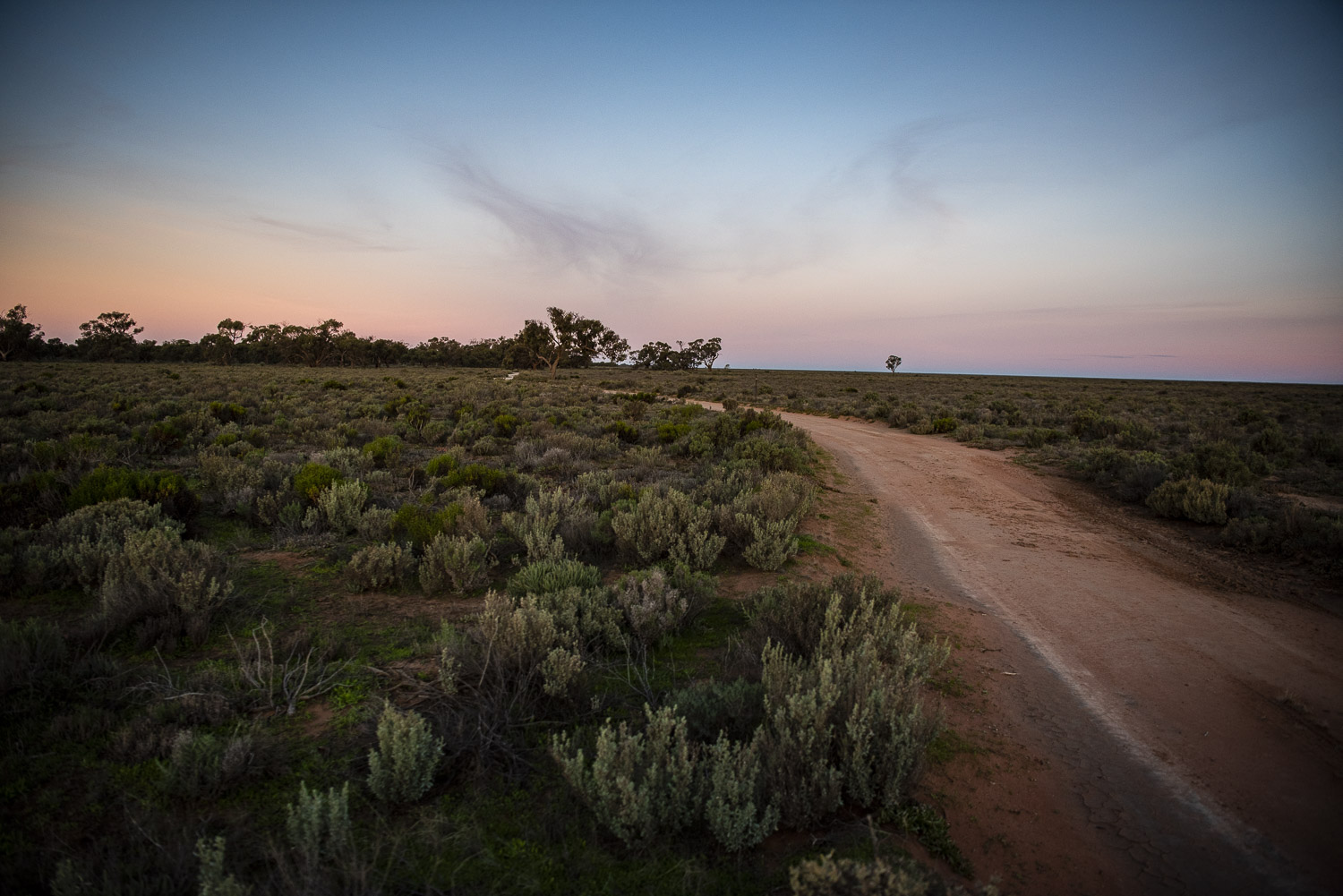
Belar nursery is an Indigenous owned wholesale production nursery, specialising in Australian native trees, shrubs, grasses and climbers including Eucalyptus, Acacia, Saltbush and other species with provenance (but not limited to) the greater local area Murray Mallee and Lowan Mallee. The team
grows tube stock and hyko cell tray plants for revegetation. Prices are extremely competitive with large bulk nurseries and the quality of stock is excellent.
Our native trees, shrubs and grasses are predominantly seed grown with applications for restoring and regenerating country. We are invested in growing local plants of importance for the rehabilitation of significant cultural sites and for the restoration and rehabilitation of terrestrial, riparian and aquatic zones.
Tube stock is available for sale to government agencies, councils, NGO’s such as Greening Australia, private landholders, community groups, retail nurseries, schools and landscapers.
Staff of Belar Nursery also participate in Cultural awareness engagements in schools that promote traditional uses of plants as food, fibre and botanicals. Bush tucker plants are available for purchase through these programs.
Tube stock for revegetation is grown to order. Orders need to be placed prior to Spring for planting the following Autumn. Tube stock is sold in batches of 50 with surplus stocklists available on request.
Our nursery addresses the need to provide meaningful work, training and self-determination for First Nations people by involvement in growing local native species and participating in revegetation programs.
For all enquiries, please contact admin@fpmmac.com.au
or by phone: 03 4014 9780
Our nursery and Bio-Cultural Centre is situated on the Calder Highway in Irymple in North-Western
Victoria.
